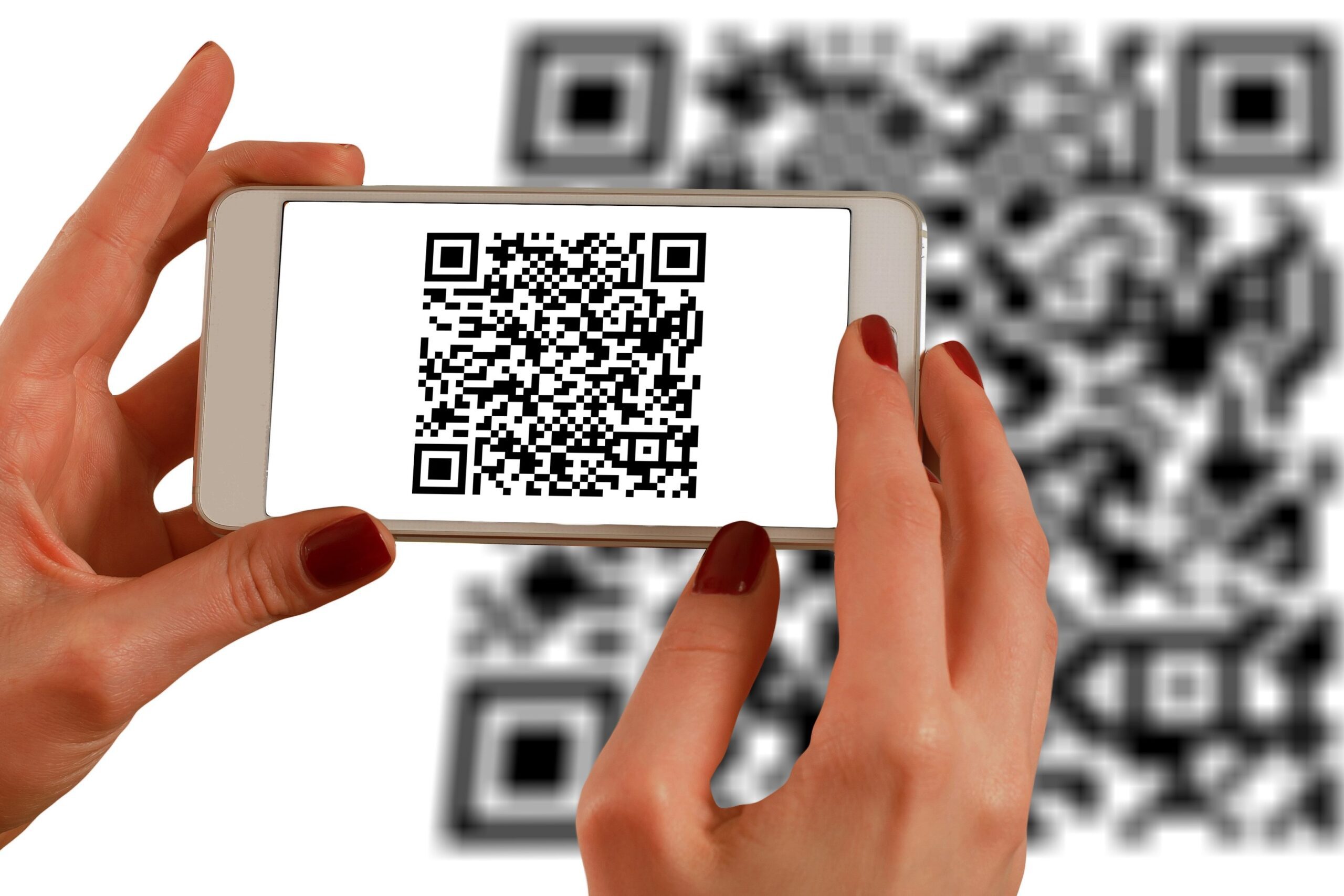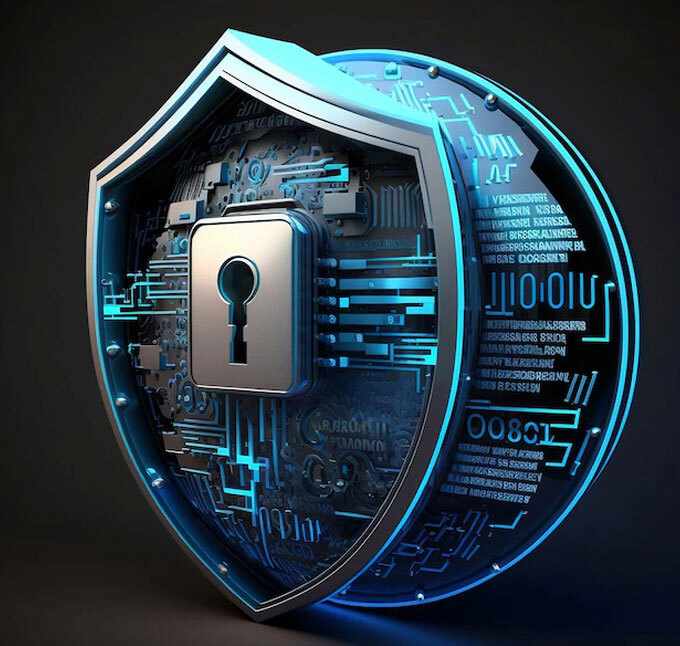
Do we really need smart cards for e-governance projects?
Few days back, I attended a conference on e-governance and digital identity and as usual the various organizations (Smart Card manufacturers) were stressing upon the need of smart cards as an indispensable tool for authentication and authorization of citizens to avail benefits for various government subsidized schemes.
Various arguments (as per understanding) to support the smart card theory are as follows:
- Network availability is a big issue in remote places therefore the smart card provides secured identification in an offline mode.
- Smart Cards cannot be cloned.
- Smart Cards can also be used to carry biometric templates for 1 to 1 authentication in an offline mode.
- Smart cards also act as identity card to carry visual identification information about the person.
But, all this comes at tremendous cost to create infrastructure comprising of Smart Cards, printers, Cartridges, encoders, issuance and re-issuance procedures. For a country of more than billion people, all this even with a conservative estimate would come at a cost of USD 5 Billion and then there would be recurring costs aswell. And even more they are all non bio-degradable therefore adding tremendous electronic waste.
When the country like India has carried out world’s biggest Biometrics project (Aadhar), then why do we really need smart cards? What we need is just an ordinary paper based identity card with a QR code or barcode that could identify a person and then authenticate online using a biometric scanner (1 to 1 authentication). Even if at some places network connectivity is an issue then also even a simple embedded device can carry biometric credentials of a whole district or may be of a whole city. Therefore issuance of smart cards as national identity card is now more of a legacy thing than a technological requirement.

 USA
USA
 UAE
UAE
 IN
IN









